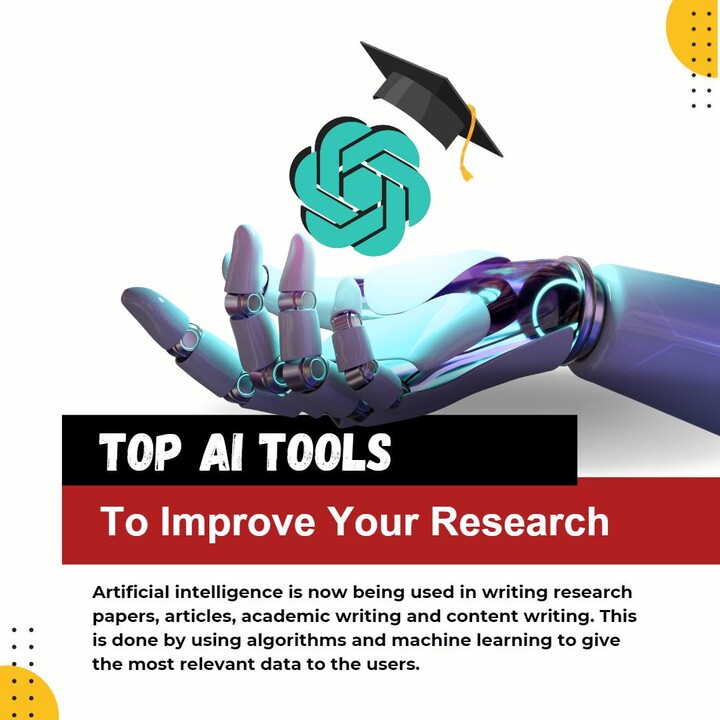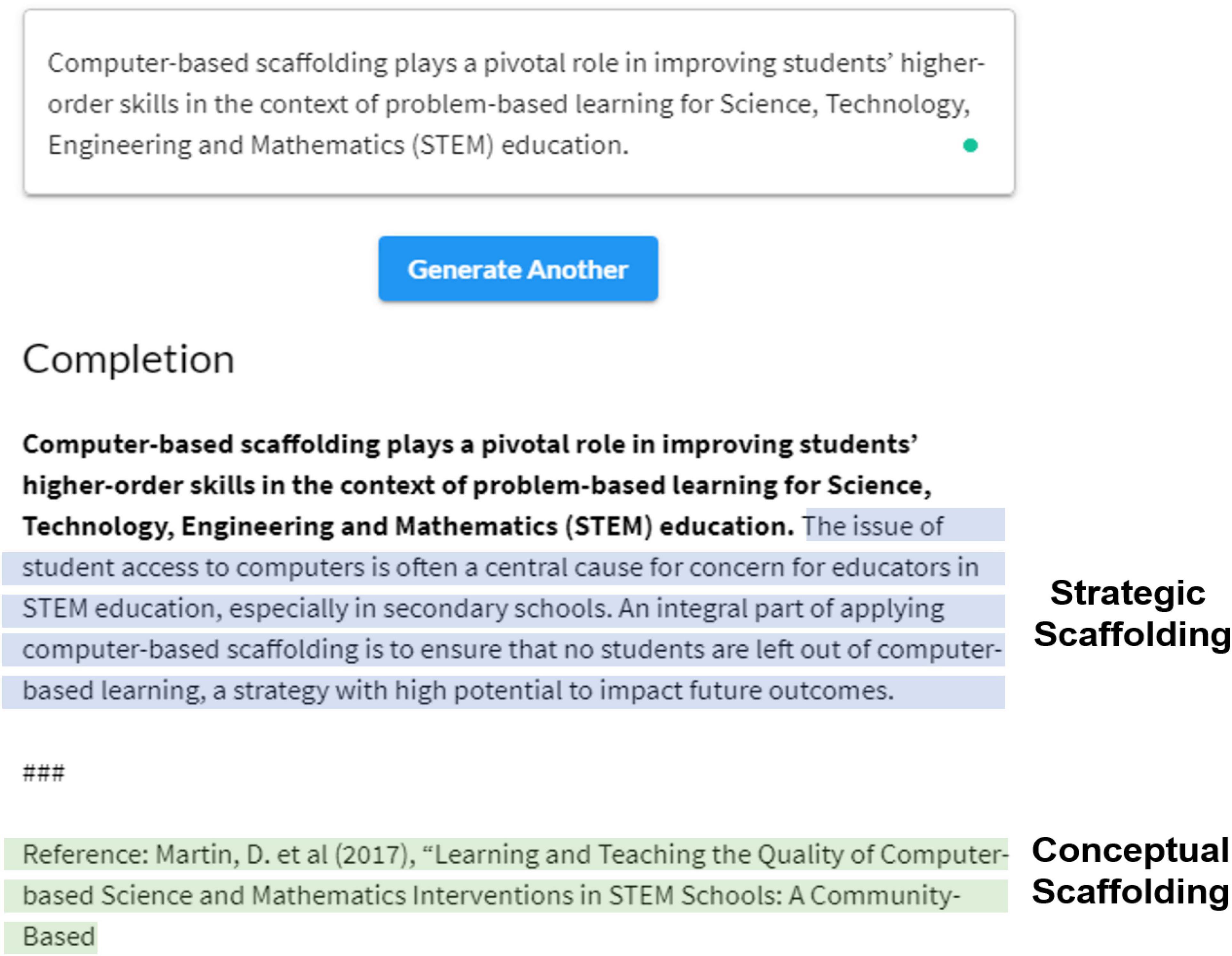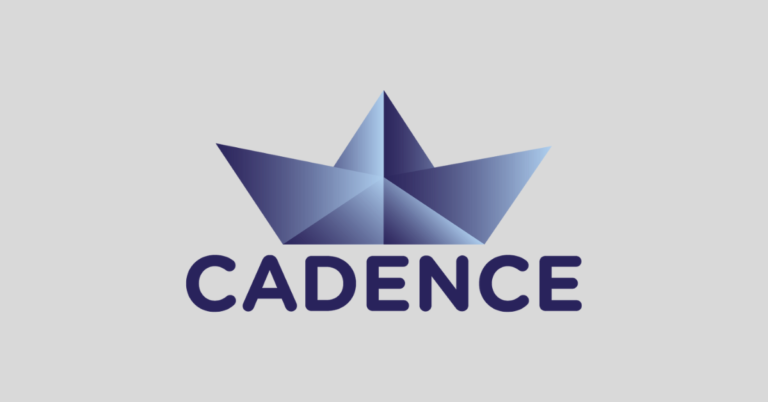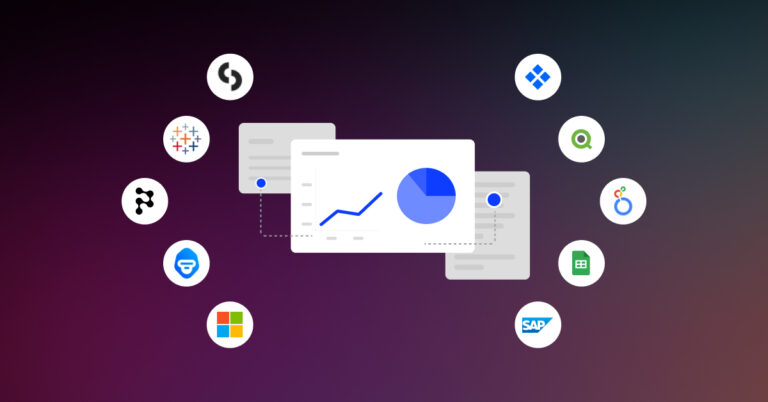Ai Tools for Thesis Writing: Enhance Your Research
AI tools like QuillBot and Grammarly can significantly aid in thesis writing by providing grammar assistance and content enhancement. These tools streamline the research and writing process for students and academics alike.
Embarking on thesis writing can be an overwhelming task, but with the advent of AI tools, the process becomes more manageable. Students and researchers can utilize various AI-powered resources to facilitate tasks ranging from data analysis to literature reviews. AI assistance in academic writing has proven invaluable, particularly in refining arguments and ensuring grammatical precision.
The incorporation of AI into thesis writing not only saves time but also elevates the quality of the work produced. Tools like Jasper. ai and Elicit offer unique features that can help in organizing research, generating outlines, and even suggesting relevant content, making them essential partners in academic success.
Revolutionizing Research
AI tools are transforming thesis writing from a daunting task to a seamless experience. Students and researchers now have access to innovative solutions that enhance their workflow. These tools offer intelligent assistance through every step of thesis creation, from initial research to final draft.
AI in thesis composition acts as a smart partner in research. It analyzes data, suggests resources, and enhances writing quality. AI tools can find patterns and insights in large datasets, impossible for humans alone to detect swiftly.
- Data Analysis: AI effortlessly processes and interprets complex datasets.
- Literature Management: It organizes academic papers and sources.
- Writing Assistance: AI provides grammar checks and style suggestions.
Traditional writing often involves manual research and note-taking. AI-assisted writing, on the other hand, introduces speed and accuracy. The comparison below highlights key differences:
| Aspect | Traditional Writing | AI-Assisted Writing |
|---|---|---|
| Research | Time-consuming; prone to oversight. | Fast; thorough coverage of literature. |
| Analysis | Limited by human capacity. | Enhanced by AI’s ability to process large volumes of data. |
| Writing Quality | Varies based on individual skill. | Consistently improved with AI feedback and suggestions. |
| Editing | Often requires multiple drafts and peer reviews. | Streamlined with real-time corrections and optimizations. |

Ai Tools Breakdown
Welcome to the AI Tools Breakdown, a section where we delve into the various artificial intelligence tools that can revolutionize your thesis writing. With advancements in technology, these tools have become indispensable for students and researchers alike. Let’s explore how they can aid you in crafting a stellar thesis!
Ai Writing Assistants
AI Writing Assistants are your high-tech partners in the writing process. They offer:
- Grammar checks to ensure error-free writing,
- Style suggestions to enhance readability,
- Plagiarism checks to maintain academic integrity.
Examples include Grammarly, Jasper.ai, and QuillBot, each bringing unique features to the table.
Reference Management Software
Simplify your citation process with Reference Management Software. Benefits include:
- Organizing sources efficiently,
- Generating in-text citations and bibliographies,
- Syncing across devices for easy access.
Zotero and EndNote are popular options, known for their user-friendly interfaces.
Data Analysis Enhancers
Data Analysis Enhancers turn complex data sets into clear insights. They facilitate:
- Statistical analysis for precise results,
- Graphical presentations for impactful visuals,
- Machine learning capabilities for advanced analytics.
Tools like RStudio and Python libraries, such as TensorFlow and scikit-learn, are highly sought after by researchers.
Improving Writing Quality
Improving Writing Quality with AI tools is transforming thesis writing. These advanced applications help students craft error-free, original, and well-structured academic papers.
Grammar And Style Checkers
AI-powered grammar and style checkers are vital for any thesis writer. They catch mistakes and suggest corrections for:
- Spelling errors
- Grammatical errors
- Incorrect punctuation
- Inconsistencies in tense and voice
Tools like Grammarly and ProWritingAid offer real-time feedback, making it easier to polish your writing before submission.
Plagiarism Detection
Ensuring originality is crucial. Plagiarism detection tools like Turnitin and Copyscape compare your thesis against massive databases to find:
| Feature | Benefit |
|---|---|
| Text Matching | Identify copied content |
| Source Linking | Highlight original sources |
| Duplicate Analysis | Show the extent of similarity |
Such tools are essential to maintain the integrity of your academic work.
Tone And Style Refinement
Adjusting the tone and style is key to engaging readers. AI tools like Hemingway Editor and AI21 Studio can:
- Enhance clarity and conciseness
- Improve readability
- Ensure a consistent academic tone
They provide suggestions that refine complex sentences, making your thesis concise and clear.

Credit: typeset.io
Efficiency And Organization
Efficiency and Organization are essential in thesis writing.
AI tools transform this process into a manageable and streamlined experience.
Tools available today save time and help organize thoughts.
With AI at your side, you can focus on the message, not the mess.
Streamlining The Writing Process
AI tools for thesis writing are game-changers, allowing you to:
- Automate mundane tasks: Say goodbye to tedious formatting.
- Enhance writing: Improve clarity and coherence with suggestions.
- Analyze data: AI-driven insights help create strong arguments.
Templates For Thesis Structure
Struggling with structure?
AI’s got your back.
Templates provide foolproof frameworks:
- Start right: Engaging introductions using AI prompts.
- Stay on track: Logical flow of content guaranteed.
- End strong: Compelling conclusions that resonate.
Collaborative Features For Feedback
Collaboration and feedback are pivotal in thesis writing.
AI tools offer:
- Real-time editing: Collaborate without barriers.
- Commenting systems: Instant feedback spurs improvement.
- Version control: Track changes with ease; no mix-ups.
Choosing The Right Tools
Crafting a thesis is like weaving a complex tapestry—it requires precision, care, and the right tools. With the emergence of AI technology, the toolbox for thesis writing has expanded dramatically. But not all tools are created equal. The key to a streamlined and successful thesis lies in selecting the right AI tools tailored to your specific needs. Let’s explore how to make the perfect choice.
Ai Tools For Different Disciplines
Different fields demand different AI tools. A literature major might need tools that excel in textual analysis and content curation. In contrast, a data scientist might seek tools that offer advanced data analysis and visualization. Therefore, a tailored approach is critical:
- Humanities: Explore AI tools that assist with qualitative data and textual interpretation.
- Sciences: Seek out AI solutions for quantitative analysis, data modeling, and hypothesis testing.
- Social Sciences: Combine both qualitative and quantitative AI tools for comprehensive insights.
Assessing Ai Tool Effectiveness
Effectiveness is paramount. Judge AI tools based on accuracy, ease of use, and integration capabilities. Check for tools with high review scores and robust support systems. This will ensure you get reliable help when needed.
| Criteria | Description | Importance |
|---|---|---|
| Accuracy | Precision of results and solutions | High |
| Usability | Simplicity and intuitiveness of the interface | Medium |
| Integration | Compatibility with other software and tools | Medium |
| Support | Availability of help and documentation | High |
Combining Multiple Ai Tools
Sometimes, one tool is not enough. You might need to combine multiple AI solutions for the best outcome. Use a data analysis tool along with a writing assistant to ensure both your data and narrative are strong.
Here’s how you can effectively combine tools:
- Identify the main tasks in your thesis work.
- Select the best AI tool for each task based on your research.
- Check for compatibility between tools to streamline your workflow.
- Test the combined system for any glitches or compatibility issues.

Credit: www.frontiersin.org
Ethical Considerations And Limitations
As artificial intelligence continues to transform the landscape of academic research, the subject of ethics and limitations surrounding AI tools for thesis writing becomes paramount. These advanced technologies offer incredible advantages but also raise crucial questions. Students, educators, and institutions alike must navigate these waters with caution to uphold academic integrity.
Originality In Ai-assisted Work
When AI enters the realm of thesis writing, originality becomes a focal point. It’s essential that the work submitted by researchers retains a unique perspective, an original voice, and an individual thought process. AI should serve as an aid, rather than a replacement for human creativity and intellectual effort.
- Utilize AI for data analysis, not idea generation.
- Always provide a personal interpretation of AI-generated results.
- Credit AI assistance where applicable to maintain transparency.
Ethical Use Of Ai In Academia
The acceptability of AI in academia hinges on its ethical application. This means using AI tools in ways that enrich the learning experience without compromising the learning objectives or the student’s personal development.
| Do’s | Don’ts |
|---|---|
| Enhance research with AI-provided insights. | Submit AI-generated work as your own. |
| Improve writing with grammar and style tools. | Over-rely on AI, sidelining critical thinking. |
| Collaborate with AI to streamline processes. | Ignore the need for human oversight in AI tasks. |
Addressing Potential Misuse
Mitigating risks associated with AI misuse involves awareness and proactive measures. Educational institutions must establish clear guidelines for AI use in academic work. This will ensure that students uphold integrity while benefiting from these revolutionary tools.
- Develop comprehensive AI use policies.
- Train students and faculty on responsible AI practices.
- Encourage open dialogue about AI’s role and limitations in research.
Frequently Asked Questions For Ai Tools For Thesis Writing
Can I Use Ai To Write My Thesis?
Yes, AI can be utilized to write your thesis, offering assistance with data analysis, literature reviews, grammar, and refining content.
Which Ai Tool Is Best For Thesis Writing?
Jasper. ai and Grammarly are among the top AI tools recommended for thesis writing, offering writing assistance and grammatical support.
Is There An Ai That Can Write My Research Paper?
Yes, AI tools like Paperpal can assist you in writing your research paper by offering grammar and style suggestions.
What Is The Best Ai Tool For Writing?
The best AI tool for writing is Jasper. ai, known for quality content generation and versatility.
Conclusion
Harnessing AI tools for thesis writing elevates your research game to new heights. Short and sweet, these digital assistants streamline data analysis, provide style guidance, and perfect grammar. Embrace technology – your ticket to a polished, well-crafted thesis. Let AI empower your academic journey.






